
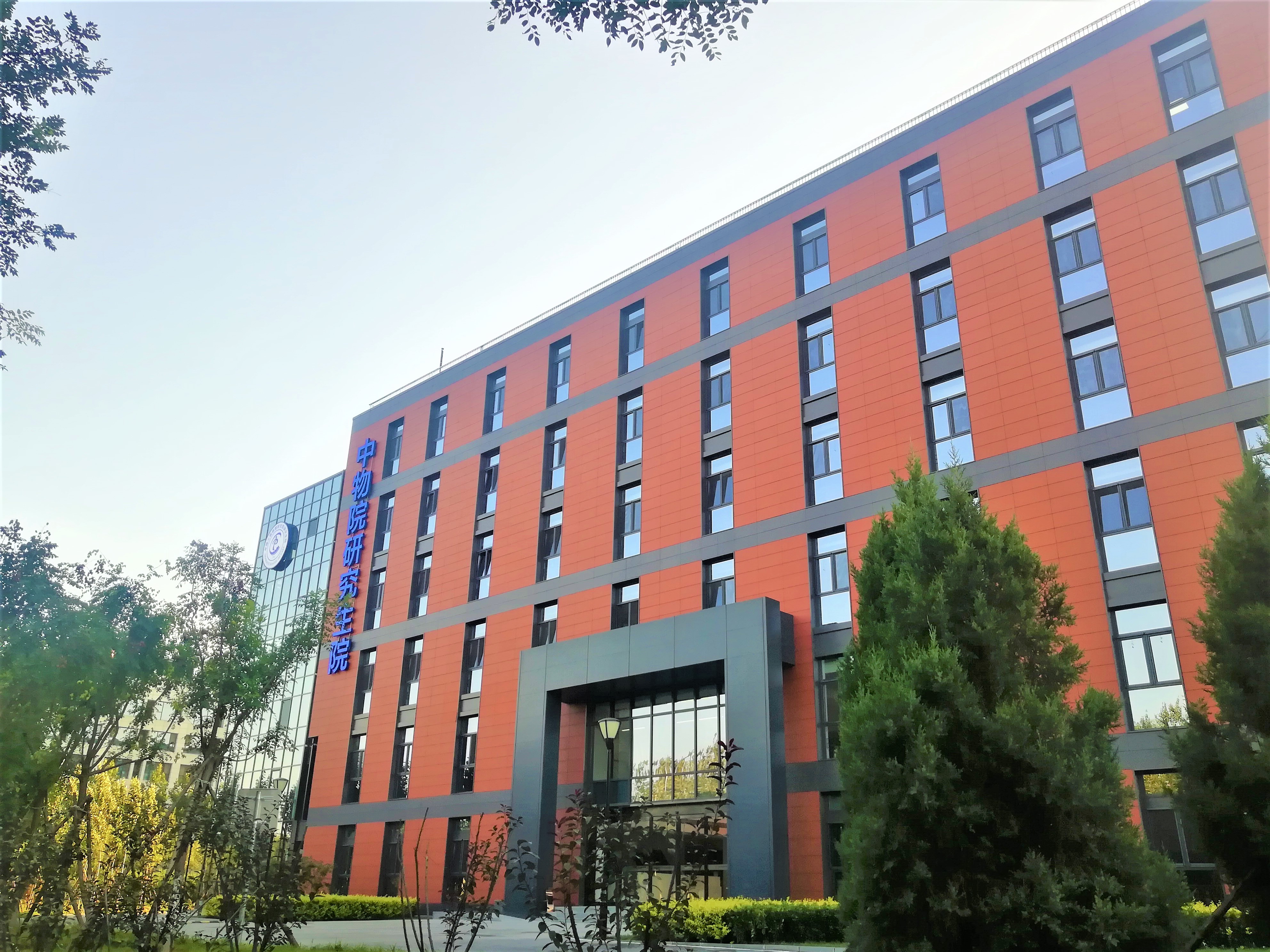
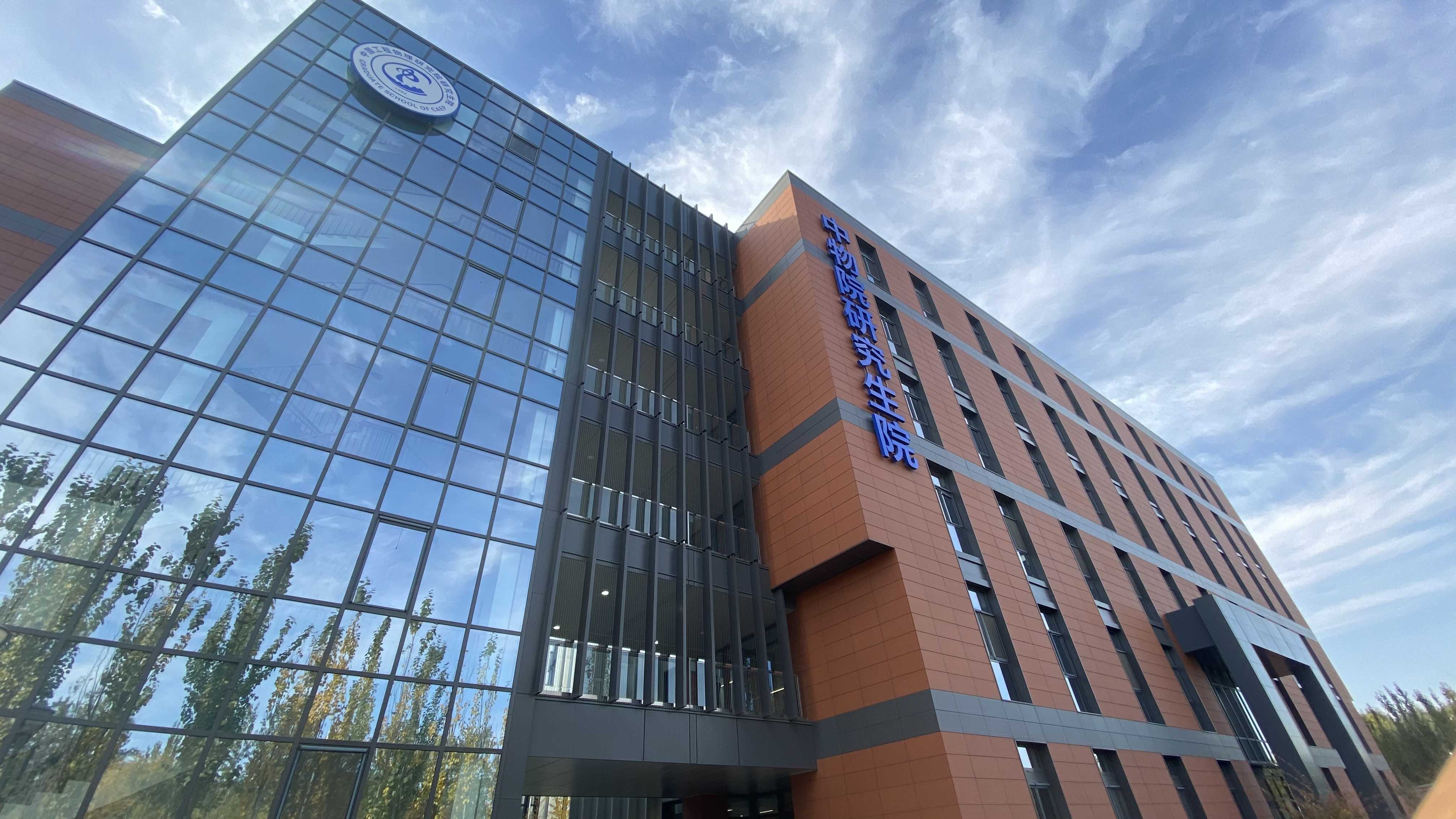
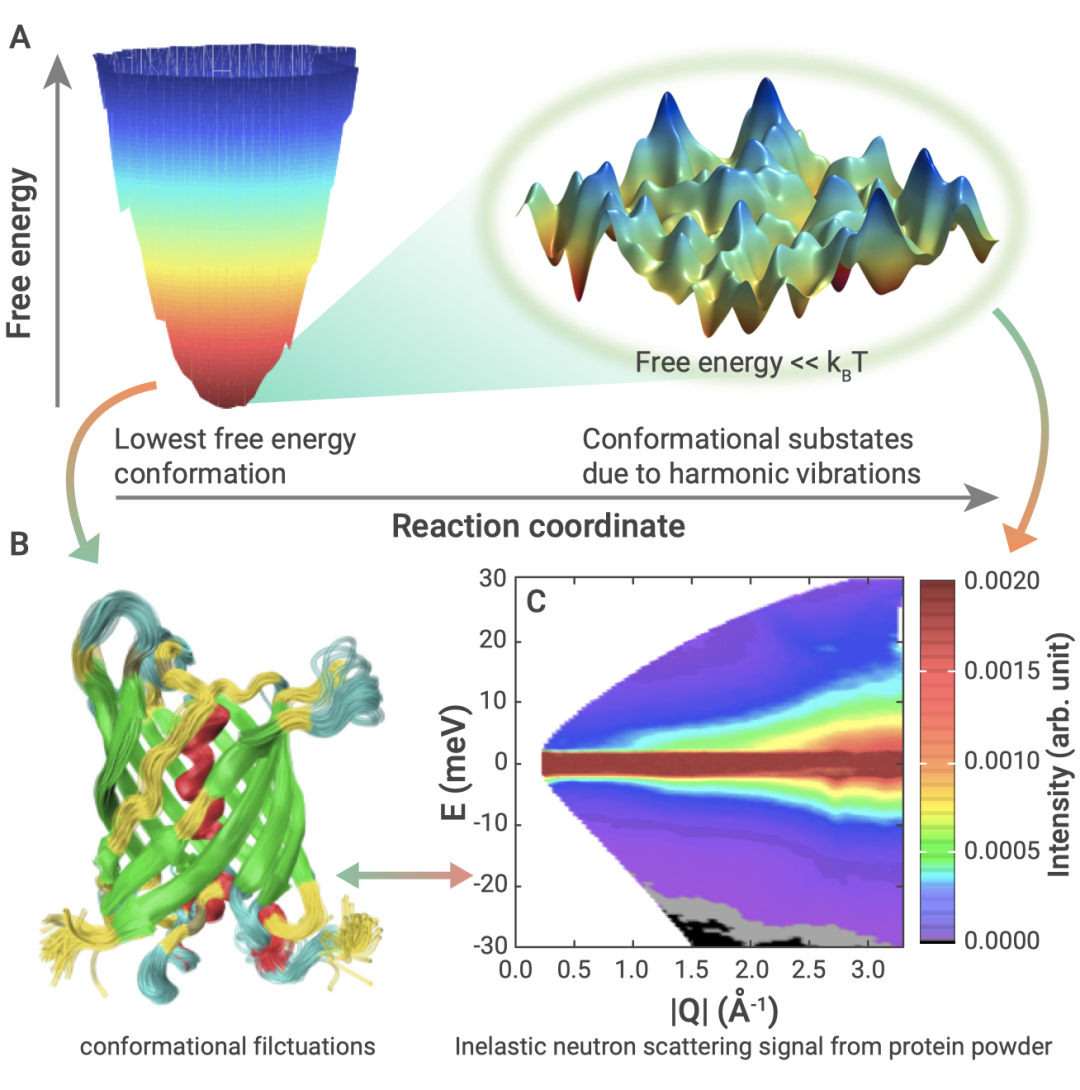

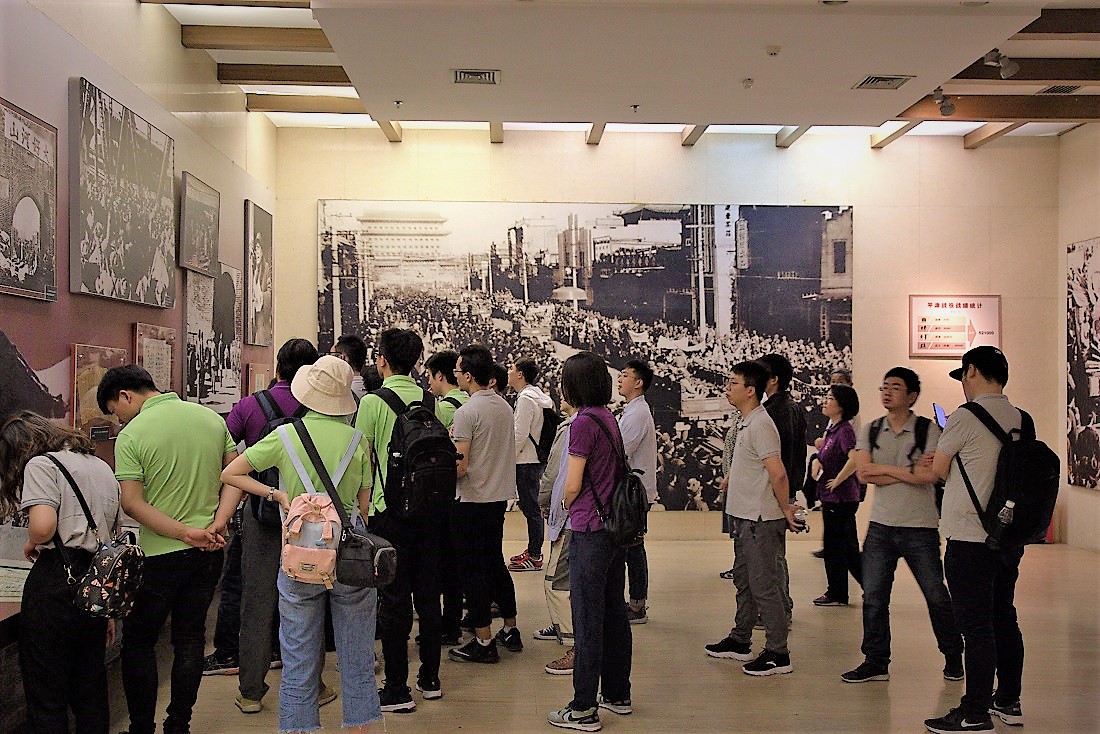









On the morning of October 23, 2024, the Graduate School of the China Academy of Engineering Physics successfully hosted the third session of the Baiwang Youth Forum. As part of the series of academic activities celebrating the 40th anniversary of the Academy’s graduate education, the forum aimed to foster a strong academic atmosphere, promote in-depth exchanges and collaboration among young scholars both within and outside the Academy, and drive interdisciplinary integration and collaborative innovation.
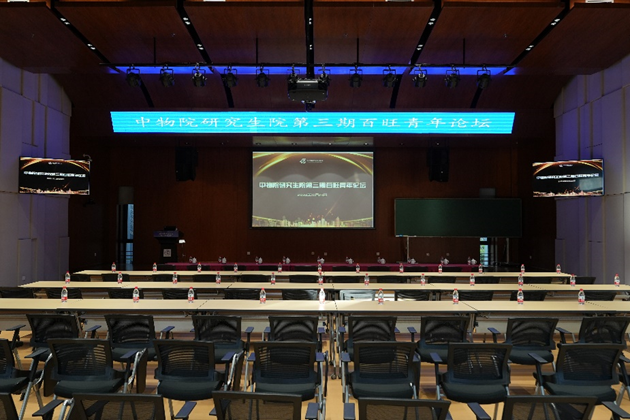
The forum invited renowned scholars such as Researcher Yunji Chen, an academician from the Institute of Computing Technology, Chinese Academy of Sciences, and Researcher Hongbo Cai from the Institute of Applied Physics and Computational Mathematics in Beijing, to give special invited lectures. Numerous experts and scholars, including Academician Changpu Sun from the Graduate School of the China Academy of Engineering Physics, attended the forum. The event was hosted by Professor Jie Liu from the Graduate School of the Academy.
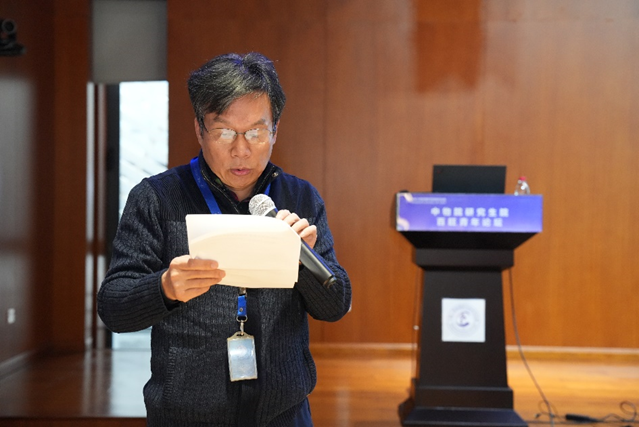
Academician Changpu Sun from the Graduate School of the China Academy of Engineering Physics delivered the opening speech at the forum. He extended a warm welcome to all the attending experts and scholars and elaborated on the significant importance of the Baiwang Youth Forum. Academician Sun emphasized that the forum is not only a high-level academic exchange platform but also a stage for young scholars from various fields to showcase their work and collaborate. It aims to promote interdisciplinary intellectual exchanges and deepen academic cooperation. He expressed his hope that through this platform, young scholars would inspire each other and inject new vitality and momentum into future scientific breakthroughs. He encouraged participants to actively engage in discussions, share ideas, and wished the forum great success.
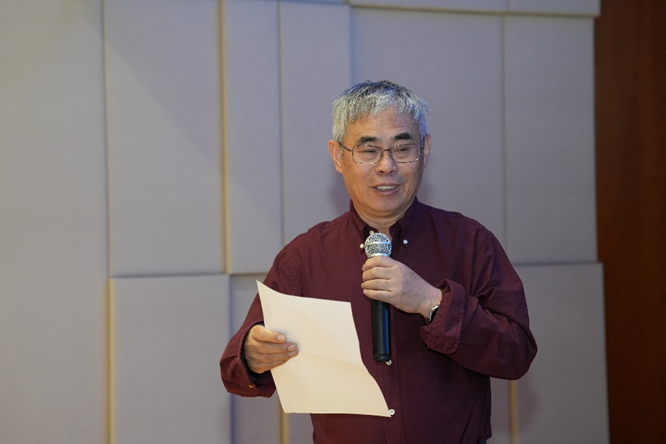
Researcher Yunji Chen gave a report titled "Computer System Architecture Large Model." In his presentation, Chen reviewed the "Church's Problem," proposed by Alonzo Church, Turing's doctoral advisor, in 1957. The problem posed the question: Can machines automatically design circuits? For a long time, this problem was considered a major "holy grail" in computer science, but progress in the industry had been limited over the past few decades. After years of research, Chen's team successfully developed the world's first AI-designed CPU chip, "Enlightenment No. 1." This chip contains over 4,000,000 logic gates and was reported by Nature as "good news for the development of Chinese chips." In his report, Researcher Chen further elaborated on the development direction of large models for computer system architecture. The goal is to use AI to design the entire ecosystem of computers, including chips, compilers, algorithm libraries, and operating systems, opening up new possibilities for the future of computer science.
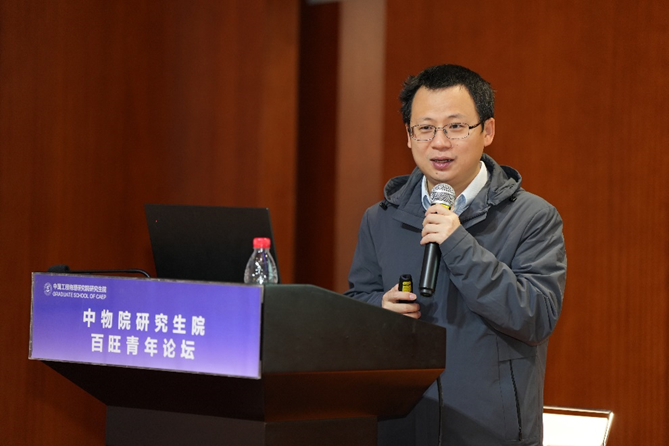
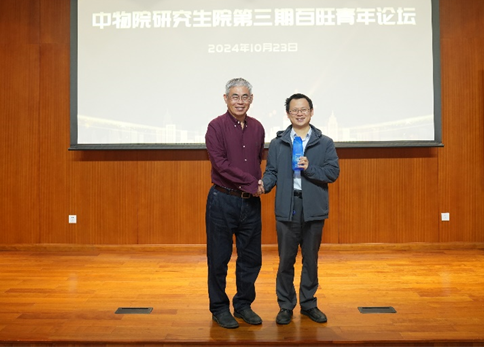
Researcher Hongbo Cai delivered a report titled "Fundamental Issues in Inertial Confinement Fusion Applications." In his presentation, he provided a detailed overview of the latest advancements in laser fusion research. He pointed out that while laser fusion has achieved ignition, challenges remain for its development in national defense security and energy applications, including issues related to reproducibility, predictability, and high gain. Researcher Cai's report focused on fundamental problems such as fluid dynamics instability and ion mixing in plasma states, which significantly affect the conditions and margin for fusion ignition. He also discussed the team's recent progress in modeling fluid dynamic interface instability and mixed fluid PIC physics, as well as their application in experiments with the National Ignition Facility, which has provided new theoretical support for laser fusion research.
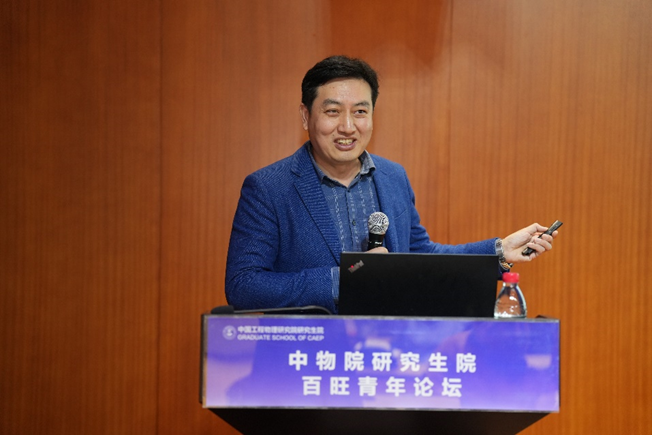
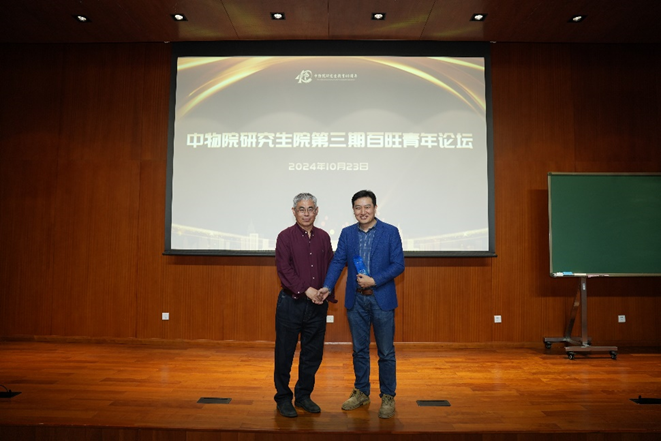
In addition, the invited expert briefly introduced the physical applications of quaternions and their progress in the study of high-dimensional topological states. The report explored the connection between quaternion analysis and high-dimensional physical systems, demonstrating the quasi-Lagrangian energy hierarchy in three and four dimensions, as well as the quantum state distribution under rotational symmetry. These studies provide important mathematical tools and physical foundations for the future exploration of high-dimensional topological states.
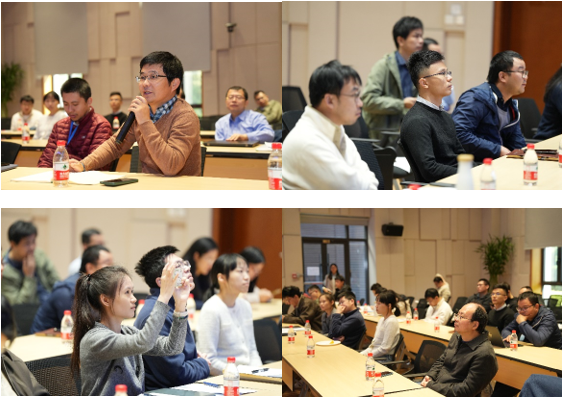
The Baiwang Youth Forum not only provided a platform for young scholars to showcase their research achievements but also facilitated in-depth exchanges of academic ideas. It has laid a solid foundation for the emergence of more innovative scientific researches in the future. The Graduate School of the China Academy of Engineering Physics will regularly continue to launch the "Baiwang Youth Forum" academic events, offering more platforms for young scholars to present and communicate their work, collectively promoting the vigorous development of scientific research.
